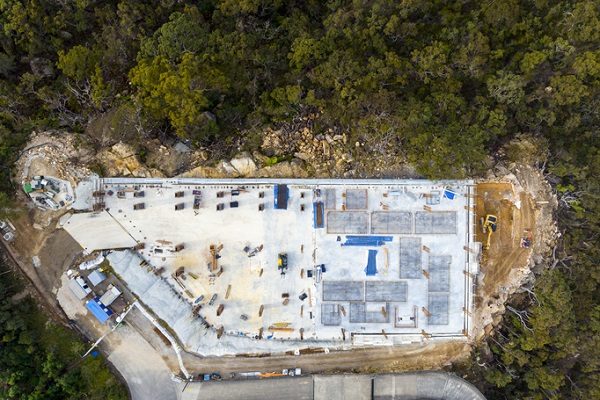AMBA welcomes minimum 7-star energy rating but says more needs to be done

The Australian Modern Building Alliance (AMBA) has welcomed the changes to the National Construction Code (NCC) 2022 to introduce a 7-star NatHERS energy rating and says it’s an important step in moving Australia towards its net zero emissions target.
“We know houses consume vast volumes of energy, with buildings in Australia accounting for 18% of our total direct greenhouse gas emissions,” AMBA chair Dr Craig Lovel says.
“To further improve the energy efficiency of residential houses, we now need to focus on eliminating unintended gaps in the construction of buildings that allow air to leak in or out. ‘Airtight construction’ is the most important pillar of a low energy home for both energy and cost saving.”
He adds that in residential houses, air leakage can cause heat loss in winter and heat gain in summer which can have a huge impact on energy bills.
“We also know our health and wellbeing can be negatively affected by living in conditions that are not at reasonable temperatures,” he explains.
“That’s why we believe achieving ‘air tightness’ should be the number one goal in building an energy-efficient home.”
According to AMBA, modern insulation materials, such as polyurethane, can help prevent air leakage.
“Polyurethane products are lightweight, weather-resistant and durable. They seal the building envelope to stop draughts and air infiltration, and with proper installation, control condensation issues, such as mould,” Craig says.
“However, to reach its energy saving potential, it is important that the polyurethane insulation is well designed and installed correctly to be safe and effective.”
As a member of the Affiliated Insulation Industry Coalition (AIIC), AMBA is working with the Energy Efficiency Council (EEC) to rollout an industry-led roadmap for quality control and safety in insulation installation.
